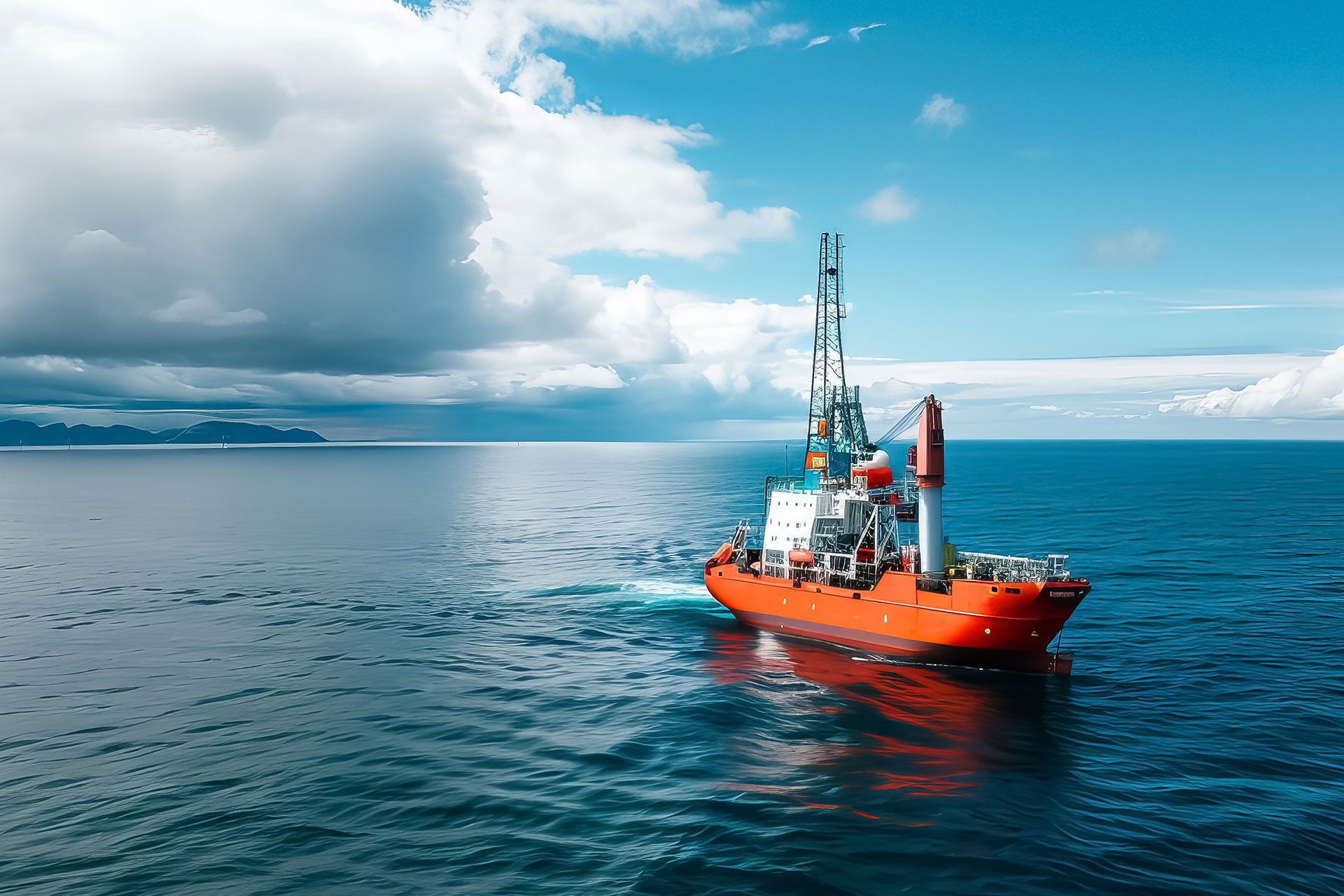
Keeping seafarers safe and connected at sea

By Mario Maniewicz, Director, ITU Radiocommunication Bureau
Every day, more than 1.8 million seafarers work behind the scenes to keep the world moving – delivering goods, fuel, food, and more across the oceans. While we benefit from their work on land, they often spend long stretches at sea, far from families and support networks.
In such an environment, communication becomes more than just a convenience – it’s a lifeline. That’s where the International Telecommunication Union (ITU) comes in.
ITU’s critical maritime communications role formally began in 1906 as part of the International Radiotelegraph Convention – the basis for today’s Radio Regulations.
Today, our mission remains as relevant as ever: to make sure no matter where you are – even in the middle of the ocean – you are never out of reach.
In our modern role as the United Nations agency for information and communication technologies, we continue ensuring the safety and connectivity of seafarers around the globe.
Here’s how:
Maritime frequency management
To stay safe and connected, seafarers depend on reliable radiocommunication channels, free from interference. ITU manages the allocation of maritime frequencies – spanning medium-, high-, very high- and satellite bands – to support everything from ship-to-ship radio calls to weather forecasts and emergency coordination.
Without ITU’s careful spectrum management, maritime communication would be considerably less reliable.
Global maritime communication standards
Consistency is key for international shipping. Technical standards developed through ITU ensure that communication systems are interoperable across all types of vessels and coast stations.
Our standards keep all kinds of maritime communications equipment working together seamlessly, reliably and efficiently. This global standardization avoids/reduces communication breakdowns and lets all ships, regardless of their flag or location, send and receive information effectively.
ITU collaborates with the International Maritime Organization (IMO) to set globally viable operational and spectrum requirements for maritime radiocommunications.
Enabling distress calls
One of ITU’s central contributions is to the Global Maritime Distress and Safety System (GMDSS) – the internationally agreed- set of procedures, equipment, and communication protocols for ships in distress to send alerts quickly and reliably.
Enabled by ITU’s Radio Regulations and frequency allocations, the GMDSS ensures ships can call for help and receive essential safety information wherever they happen to be.
Boosting morale and protecting crew welfare
Today’s seafarers expect – and deserve – more than just basic communication. Satellite-based services regulated by ITU make it possible for crews to call home, surf the Internet, take advantage of telemedicine, and stay informed about the latest news and events.
24/7 connectivity is vital for mental health, morale and overall welfare, helping seafarers feel less isolated while they’re far from home.
Ensuring access to support
On 25 June, the Day of the Seafarer focuses not just on the safety from the dangers of the ocean, but also on right of mariners to a workplace free from harassment and isolation. This year’s theme, “My Harassment-Free Ship,” highlights the need for inclusion, respect and support aboard vessels.
Amid growing efforts to improve seafarer wellbeing, ITU-enabled connectivity also helps crews and passengers report abuse, obtain help, maintain contact with the outside world in the face of shipboard distress.
As ITU marks its 160th Anniversary, our commitment to maritime safety remains unwavering.
So next time you order something online or see a ship passing on the horizon, remember that staying connected is a right, not a luxury, for those at sea. And ITU helps make safe, respectful sailing possible every day.
See also:
Header image credit: Adobe Stock/AI generated
